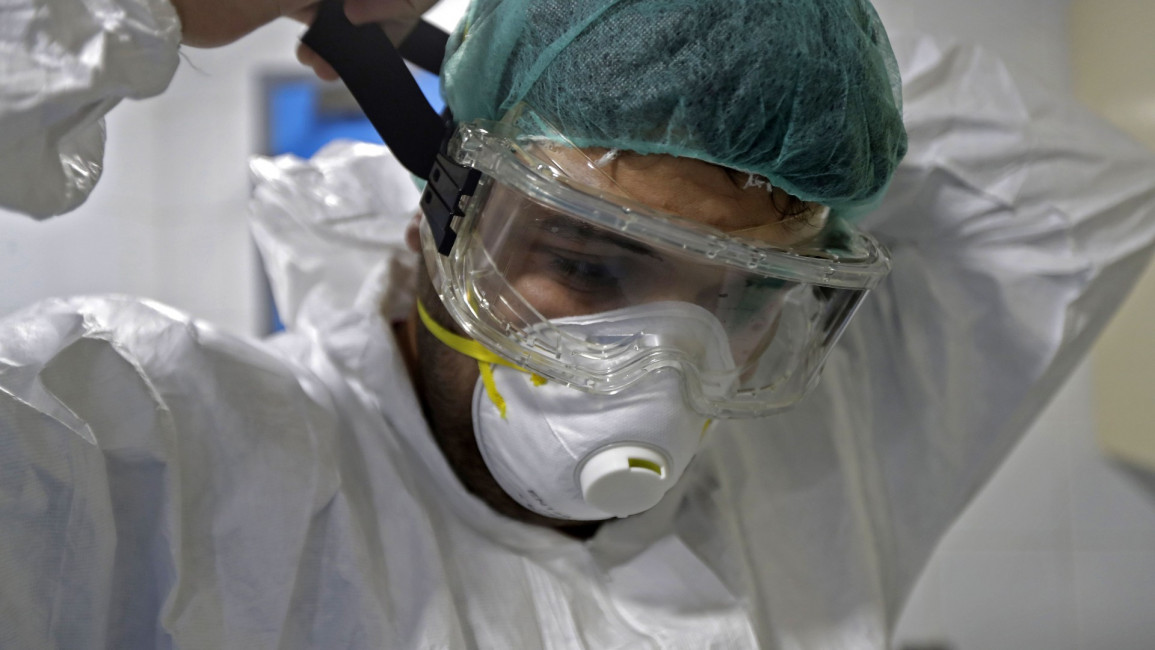Lebanon extends coronavirus general mobilisation period until March
The council on Thursday said that the money requested by the Ministry of Health for the purchase of Covid-19 vaccines is ready, according to the National News Agency.
During a meeting with the council, President Michel Aoun said expanding the mobilisation period is part of building a strong enough support network for the country during the pandemic.
"The current circumstances require the expansion of the framework of duties of the caretaking government to meet the needs of the country and citizens until the next government is formed”, he said.
Caretaker Prime Minister Hassan Diab said that the two weeks of lockdown measures that took place in November helped in reducing the number of coronavirus cases whilst increasing the readiness of the health sector by adding beds in hospitals.
Meanwhile, Lebanon’s health ministry announced on Thursday that total cases of coronavirus rose by 1,520 to 132,776.
Eight new cases were recorded amongst workers in the health sector, which brings the total number of infections in the sector to 1,770.
The ministry recorded 12 new deaths, raising the death toll to 1,067 in the country.
James Cleverly, UK foreign office minister for the Middle East, described Lebanon's financial crisis on Thursday as a "man-made problem which could have been prevented".
"The most pressing danger is the risk to food security: Lebanon is on the verge of not being able to feed itself," the minister said, after meeting with Lebanese officials in Beirut.
Lebanon has faced a worsening economic crisis over the past year, with a rapidly depreciating currency and rising poverty, compounded by the coronavirus pandemic and August's devestating port blast.
The Beirut explosion, which killed more than 200 people, caused billions of dollars of infrastructural damage and made around 300,000 homeless.
Follow us on Facebook, Twitter and Instagram to stay connected



